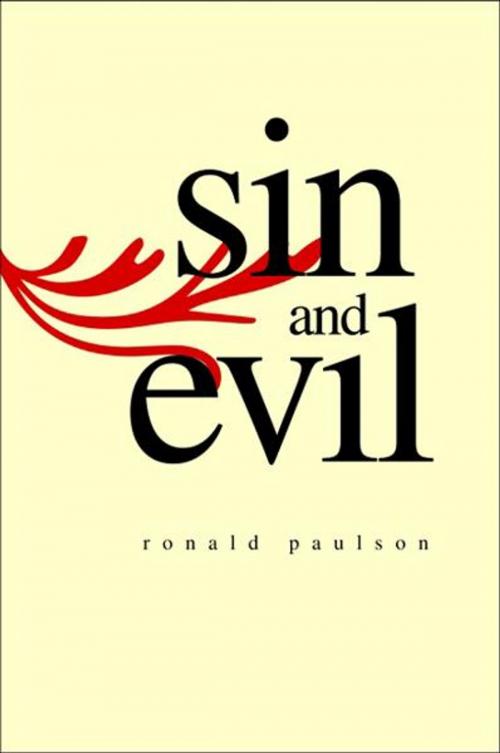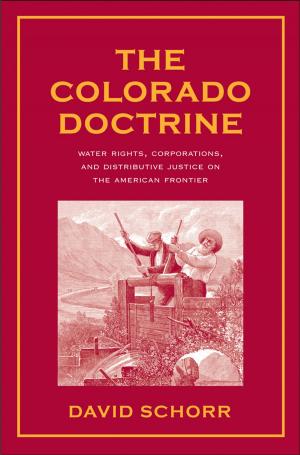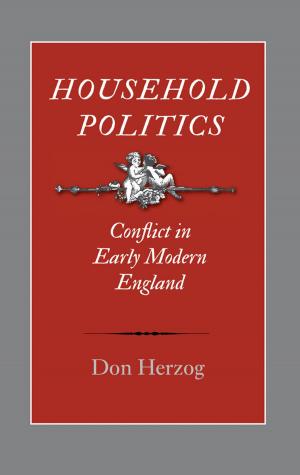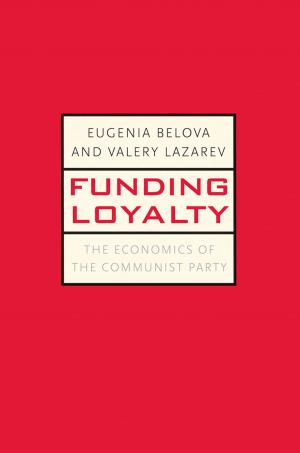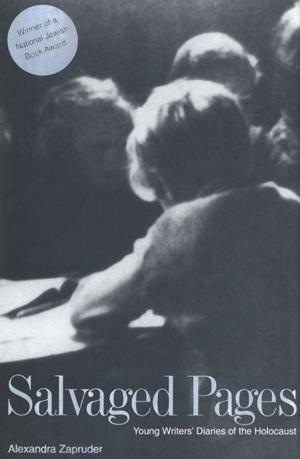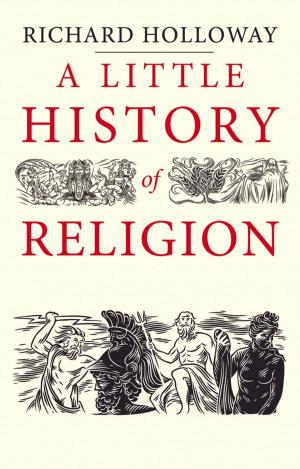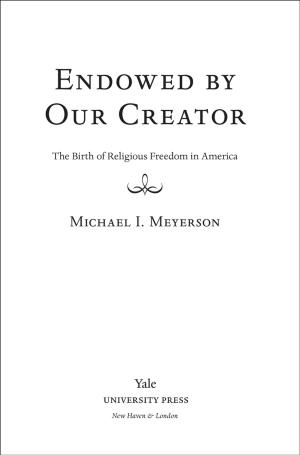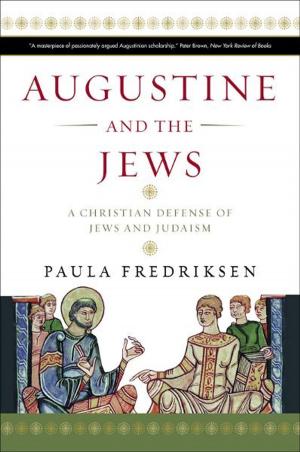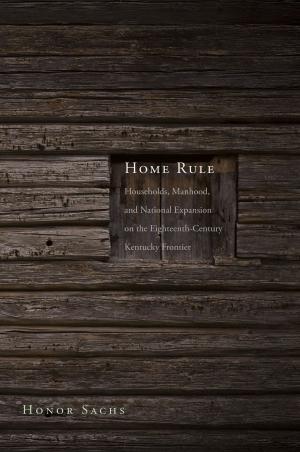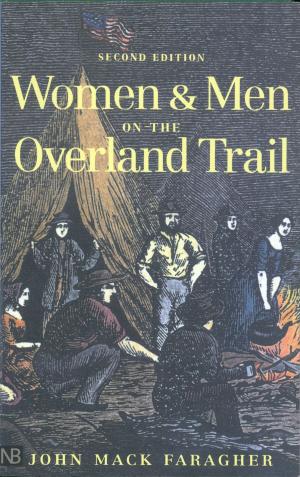| Author: | Ronald Paulson | ISBN: | 9780300135206 |
| Publisher: | Yale University Press | Publication: | October 1, 2008 |
| Imprint: | Yale University Press | Language: | English |
| Author: | Ronald Paulson |
| ISBN: | 9780300135206 |
| Publisher: | Yale University Press |
| Publication: | October 1, 2008 |
| Imprint: | Yale University Press |
| Language: | English |
The confusion of sin and evil, or religious and moral transgression, is the subject of Ronald Paulson’s latest book. He calls attention to the important distinction between sin and Evil (with a capital E) that in our times is largely ignored, and to the further confusion caused by the term moral values.” Ranging widely through the history of Western literature, Paulson focuses particularly on American and English works of the eighteenth through twentieth centuries to discover how questions of evil and sin-and evil and sinful behavior-have been discussed and represented.
The breadth of Paulson’s discussion is enormous, taking the reader from Greek and Roman tragedy, to Christian satire in the work of Swift and Hogarth, to Hawthorne’s and Melville’s novels, and finally to twentieth-century studies of good and evil by such authors as James, Conrad, Faulkner, Greene, Heller, Vonnegut, and O’Brien. Where does evil come from? What are moral values”? If evil is a cultural construct, what does that imply? Paulson’s literary tour of sin and evil over the past two hundred years provides not only a historical perspective but also new ways of thinking about important issues that characterize our own era of violence, intolerance, and war.
The breadth of Paulson’s discussion is enormous, taking the reader from Greek and Roman tragedy, to Christian satire in the work of Swift and Hogarth, to Hawthorne’s and Melville’s novels, and finally to twentieth-century studies of good and evil by such authors as James, Conrad, Faulkner, Greene, Heller, Vonnegut, and O’Brien. Where does evil come from? What are moral values”? If evil is a cultural construct, what does that imply? Paulson’s literary tour of sin and evil over the past two hundred years provides not only a historical perspective but also new ways of thinking about important issues that characterize our own era of violence, intolerance, and war.
The confusion of sin and evil, or religious and moral transgression, is the subject of Ronald Paulson’s latest book. He calls attention to the important distinction between sin and Evil (with a capital E) that in our times is largely ignored, and to the further confusion caused by the term moral values.” Ranging widely through the history of Western literature, Paulson focuses particularly on American and English works of the eighteenth through twentieth centuries to discover how questions of evil and sin-and evil and sinful behavior-have been discussed and represented.
The breadth of Paulson’s discussion is enormous, taking the reader from Greek and Roman tragedy, to Christian satire in the work of Swift and Hogarth, to Hawthorne’s and Melville’s novels, and finally to twentieth-century studies of good and evil by such authors as James, Conrad, Faulkner, Greene, Heller, Vonnegut, and O’Brien. Where does evil come from? What are moral values”? If evil is a cultural construct, what does that imply? Paulson’s literary tour of sin and evil over the past two hundred years provides not only a historical perspective but also new ways of thinking about important issues that characterize our own era of violence, intolerance, and war.
The breadth of Paulson’s discussion is enormous, taking the reader from Greek and Roman tragedy, to Christian satire in the work of Swift and Hogarth, to Hawthorne’s and Melville’s novels, and finally to twentieth-century studies of good and evil by such authors as James, Conrad, Faulkner, Greene, Heller, Vonnegut, and O’Brien. Where does evil come from? What are moral values”? If evil is a cultural construct, what does that imply? Paulson’s literary tour of sin and evil over the past two hundred years provides not only a historical perspective but also new ways of thinking about important issues that characterize our own era of violence, intolerance, and war.
